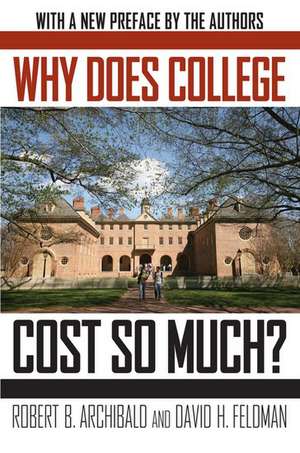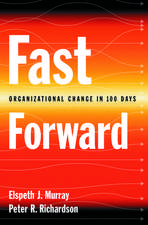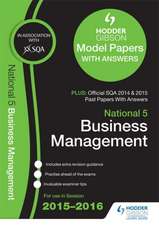Why Does College Cost So Much?
Autor Robert B. Archibald, David H. Feldmanen Limba Engleză Paperback – 21 aug 2014
| Toate formatele și edițiile | Preț | Express |
|---|---|---|
| Paperback (1) | 256.55 lei 31-37 zile | |
| Oxford University Press – 21 aug 2014 | 256.55 lei 31-37 zile | |
| Hardback (1) | 343.36 lei 31-37 zile | |
| Oxford University Press – 9 dec 2010 | 343.36 lei 31-37 zile |
Preț: 256.55 lei
Preț vechi: 297.75 lei
-14% Nou
Puncte Express: 385
Preț estimativ în valută:
49.10€ • 53.31$ • 41.24£
49.10€ • 53.31$ • 41.24£
Carte tipărită la comandă
Livrare economică 11-17 aprilie
Preluare comenzi: 021 569.72.76
Specificații
ISBN-13: 9780190214104
ISBN-10: 0190214104
Pagini: 304
Dimensiuni: 247 x 154 x 21 mm
Greutate: 0.41 kg
Editura: Oxford University Press
Colecția OUP USA
Locul publicării:New York, United States
ISBN-10: 0190214104
Pagini: 304
Dimensiuni: 247 x 154 x 21 mm
Greutate: 0.41 kg
Editura: Oxford University Press
Colecția OUP USA
Locul publicării:New York, United States
Recenzii
[The authors] really know what they're talking about.
A book that should be read by anyone with even a passing interest in the answer
Robert Archibald and David Feldman tackle the dominant question facing higher education leaders, state and federal policy makers, families and students, and provide striking and surprising evidence and conclusions on the much-debated question that is the title of their book. In the process of proposing a radically new way of financing college and university education, they present an elegant history of how we got here, the financial problems we currently face, and a possible way out of these dilemmas. This eminently readable book warrants the thoughtful attention of all who care (and worry) about the future of higher education.
Robert Archibald and David Feldman write calmly and rationally about an issue that too frequently generates sensationalist headlines, as well as poorly reasoned and counterproductive proposals. Whether or not you agree with the details of their ideas for reforming the way we finance higher education, you will learn from their analysis, question your pre-conceived notions, and think more clearly about how our nation can best assure that a quality higher education is affordable for all who are equipped and motivated to benefit from it.
A book that should be read by anyone with even a passing interest in the answer
Robert Archibald and David Feldman tackle the dominant question facing higher education leaders, state and federal policy makers, families and students, and provide striking and surprising evidence and conclusions on the much-debated question that is the title of their book. In the process of proposing a radically new way of financing college and university education, they present an elegant history of how we got here, the financial problems we currently face, and a possible way out of these dilemmas. This eminently readable book warrants the thoughtful attention of all who care (and worry) about the future of higher education.
Robert Archibald and David Feldman write calmly and rationally about an issue that too frequently generates sensationalist headlines, as well as poorly reasoned and counterproductive proposals. Whether or not you agree with the details of their ideas for reforming the way we finance higher education, you will learn from their analysis, question your pre-conceived notions, and think more clearly about how our nation can best assure that a quality higher education is affordable for all who are equipped and motivated to benefit from it.
Notă biografică
Robert B. Archibald is Chancellor Professor of Economics and Public Policy at the College of William and Mary. Together with David Feldman, he has published widely on the economics of higher education.David H. Feldman is Professor of Economics and Public Policy, and Chair of the Department of Economics at the College of William & Mary. He has also been honored with a University Professorship for Teaching Excellence. In addition to his work with Robert Archibald on higher education he writes about the international economy.





